Search
Search Results
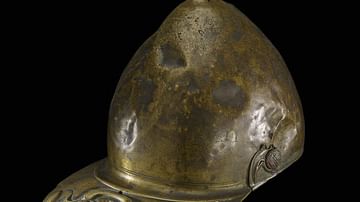
Definition
Celtic Warfare
The Celts were a linguistic group which spanned across a wide geographic area and included numerous cultures and ethnicities. Because of this fact, the traditions, practices, and lifestyles of Celtic-speaking peoples varied considerably...
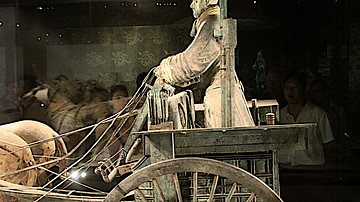
Article
Chariots in Ancient Chinese Warfare
The chariot was used in Chinese warfare from around 1250 BCE but enjoyed its heyday between the 8th and 5th century BCE when various states were constantly battling for control of China. Employed as a status symbol, a shock weapon, to pursue...
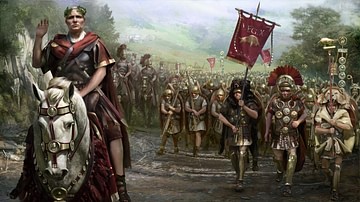
Worksheet/Activity
Romans vs. Carthaginians - Text & Labelling
This activity has been designed to fit a 20-30-minute slot for your class and is suitable for both online and classroom teaching, as well as homeschooling. Students have to label the illustrations of Roman and Carthaginian soldiers, based...
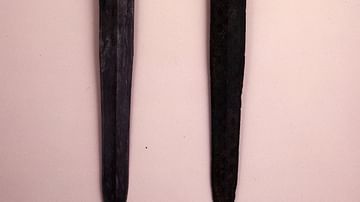
Article
Swords in Ancient Chinese Warfare
Although the bow and crossbow were the weapons of choice for much of China's history, the sword played its part, especially when warriors were forced to dismount and face the enemy at close quarters. Widely used from around 500 BCE, swords...
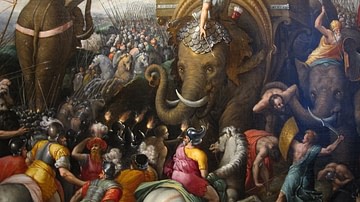
Article
The Battle of Zama - The Beginning of Roman Conquest
The Battle of Zama (202 BCE) was the final engagement of the Second Punic War (218-202 BCE) at which Hannibal Barca of Carthage (l. 247-183 BCE) was defeated by Scipio Africanus of Rome (l. 236-183 BCE) ending the conflict in Rome's favor...
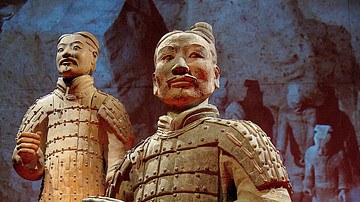
Definition
The Art of War
The Art of War (Sunzi bingfa) is a 5th-century BCE military treatise written by the Chinese strategist Sun-Tzu (aka Sunzi or Sun Wu). Covering all aspects of warfare, it seeks to advise commanders on how to prepare, mobilise, attack, defend...
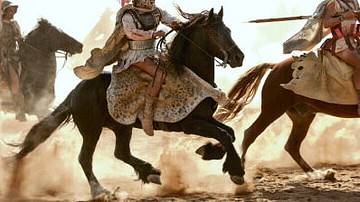
Article
The Army of Alexander the Great
No military commander in history has ever won a battle by himself. To be successful he needs the support of a well-trained army who will follow him regardless of the cost whether it be a stunning victory or hopeless defeat. One need only...
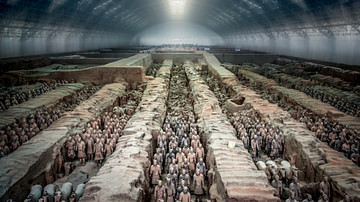
Collection
Warfare in Ancient China
Chinese warfare involved perhaps the largest and most technologically advanced armies in the ancient world. Chariots, cavalry, swords, bows and crossbows were all staple features of the battles which raged as rulers forever struggled to dominate...
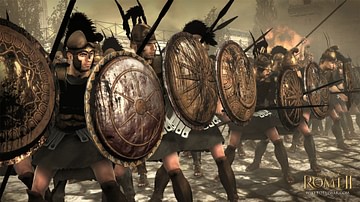
Article
The Greek Phalanx
One of the most effective and enduring military formations in ancient warfare was that of the Greek phalanx. The age of the phalanx may be traced back to Sumeria in the 25th century BCE, through Egypt, and finally appearing in Greek literature...
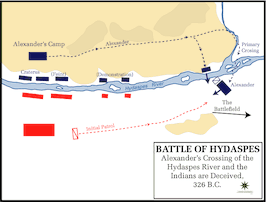
Article
Battle of Hydaspes
For almost a decade, Alexander the Great and his army swept across Western Asia and into Egypt, defeating King Darius III and the Persians at the battles of River Granicus, Issus and Gaugamela. Next, despite the objections of the loyal army...